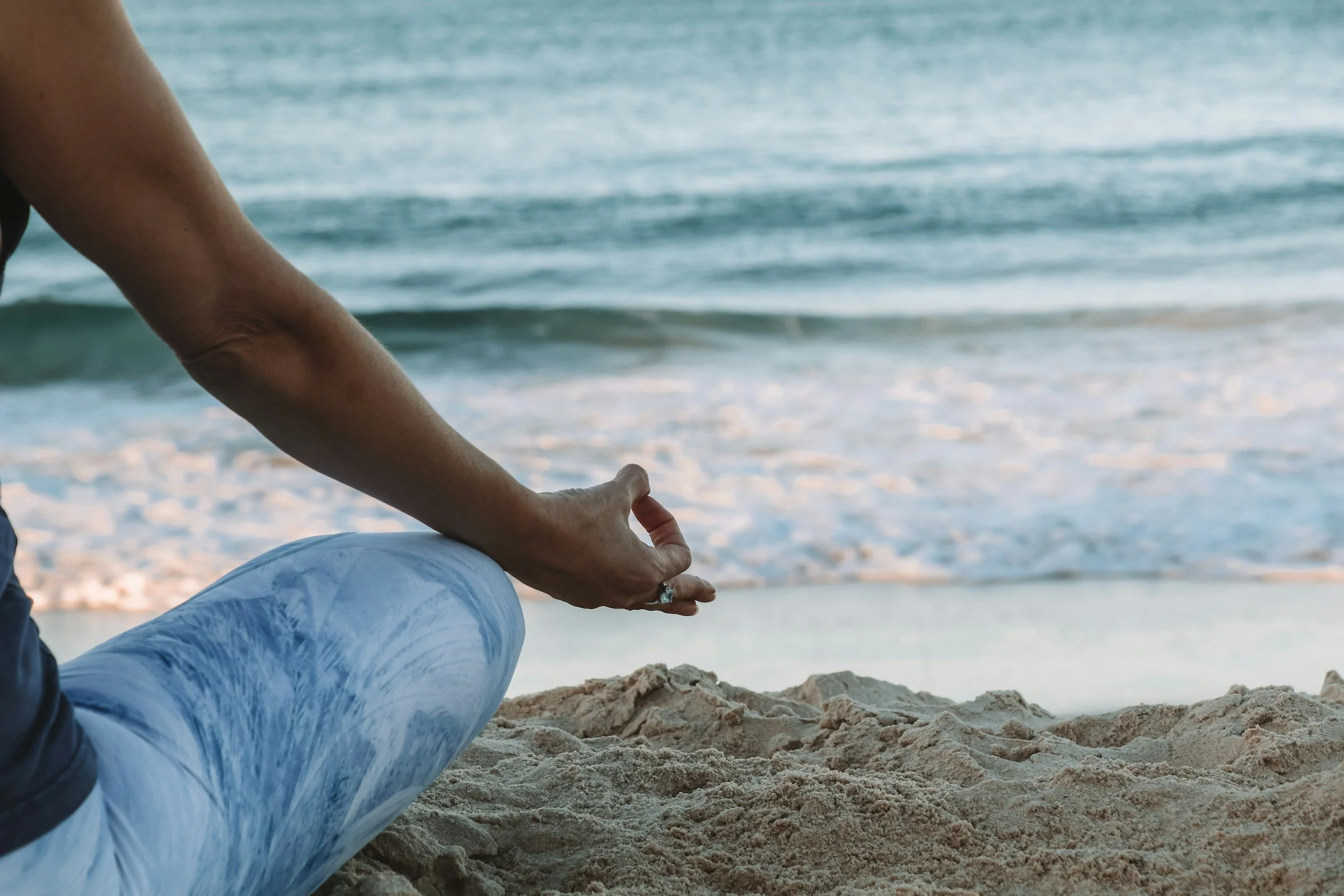Sophrology: helping teens feel calm, focused and confident
Why this powerful European wellbeing method is gaining ground with teens — and why it deserves a place in UK homes and schools.
When I first moved to the Swiss Alps twelve years ago to work as a Housemistress in a 13-18 boarding house, I kept hearing one unfamiliar word: Sophrology.
The teenagersin my care—bright, energetic, and often overwhelmed—would speak about it with surprising enthusiasm. They’d set alarms to attend sessions before school, returning calmer, lighter, and more focused. These were boys who struggled with motivation, organisation, or confidence, yet they insisted that Sophrology helped them feel ready to face the day.
Their behaviour and performance improved too. So, naturally, I wanted to understand why.
What Is Sophrology?
Sophrology is a mind–body wellbeing method that blends the science of the West with the wisdom of the East.
The word itself comes from Greek — sos (harmony), phren (mind), logos (study): the science of consciousness in harmony.
It combines gentle movement, breathwork, meditation, and visualisation to balance the nervous system and build emotional resilience.
In essence, it’s mindfulness with movement — simple, practical, and deeply restorative.
Regular practice can help to:
Reduce anxiety and overthinking
Improve focus and concentration
Enhance quality of sleep
Boost confidence and self-awareness
Create calm under pressure
It’s now used across Europe in schools, hospitals, and corporate settings — even by Olympic athletes and CEOs — to improve focus, recovery, and mental wellbeing.
Why It’s Backed by Swiss Healthcare
In Switzerland, Sophrology is so widely recognised that private health insurance companies reimburse clients who attend sessions. Research has shown that people who practise it take around 30% less medication than those who don’t.
It’s easy to see why: this approach supports the body’s natural ability to regulate stress hormones, boost relaxation, and strengthen resilience — all without side effects.
In a world that’s increasingly overstimulated, Sophrology offers a structured, evidence-based path to calm.
Why Teenagers Love It
When I began leading a boarding house of 60 international teenage boys, I saw the impact first-hand.
We ran weekly sessions designed to help them manage pressure, focus for exams, and prepare mentally for sport. Over time, their confidence grew, and they began applying Sophrology techniques themselves before matches and revision sessions.
Their feedback was remarkable:
“It helped me to find my strength and to make myself happy in the future.”
“I visualised myself winning — and I did.”
“It helped me sleep better and deal with stress more calmly.”
At the end of the year, our house won Sports Day for the first time in a decade — but the real victory was their newfound sense of balance, belief, and self-leadership.
Sophrology gave these boys something we rarely offer teens: a safe way to self-regulate, refocus, and reconnect with their own potential.
A Practice for Everyday Calm
You don’t need a teacher to begin. A few minutes a day can make a profound difference.
Try these simple exercises:
1. Daily Mindful Moments
Take a few breaths. Scan your body for tension. On the exhale, imagine releasing it.
Notice your thoughts; if your mind wanders, gently return to your breath.
Engage your senses — the sounds, smells, or textures around you — to anchor yourself in the present moment.
2. A Calm and Safe Place
Picture your favourite peaceful place.
What can you see, smell, and hear?
As you breathe in, imagine waves of calm flowing through you. As you exhale, let your body soften.
Stay here for a few breaths and notice how your body feels now — more grounded, lighter, quieter.
Just 10–15 minutes a day can retrain the nervous system to recover faster from stress and sustain focus for longer.
Why It Matters for Teens (and Parents)
For teenagers, especially in today’s always-on world, calm is a skill — not a given.
Sophrology offers a practical, science-backed way to:
Build body awareness and emotional regulation
Manage performance pressure and social stress
Develop a growth mindset
Access deeper rest and better sleep
And for parents, it’s an opportunity to practise alongside them — modelling calm, presence, and mindful recovery in a world that rarely stops.
The Future of Sophrology
In Continental Europe, Sophrology has been part of education and healthcare for decades. It’s time the UK caught up.
With just a short daily practice, we can equip teens (and ourselves) with lifelong tools for focus, balance, and confidence.
Sophrology doesn’t ask us to escape the noise of life — it teaches us to find stillness within it.
References:
Energy Centre Switzerland
My Baba: A Gentle Method to Overcome Stress
Healthline: What Is Sophrology?
Be Sophro – The Guardian Feature
Sleep Council: Sophrology to Sleep Better

